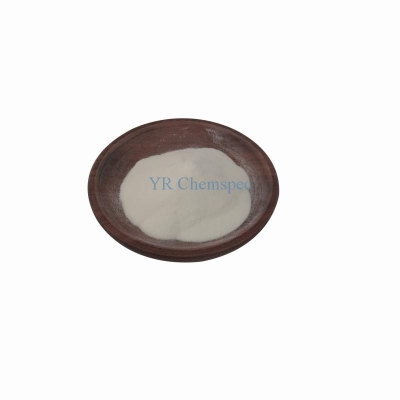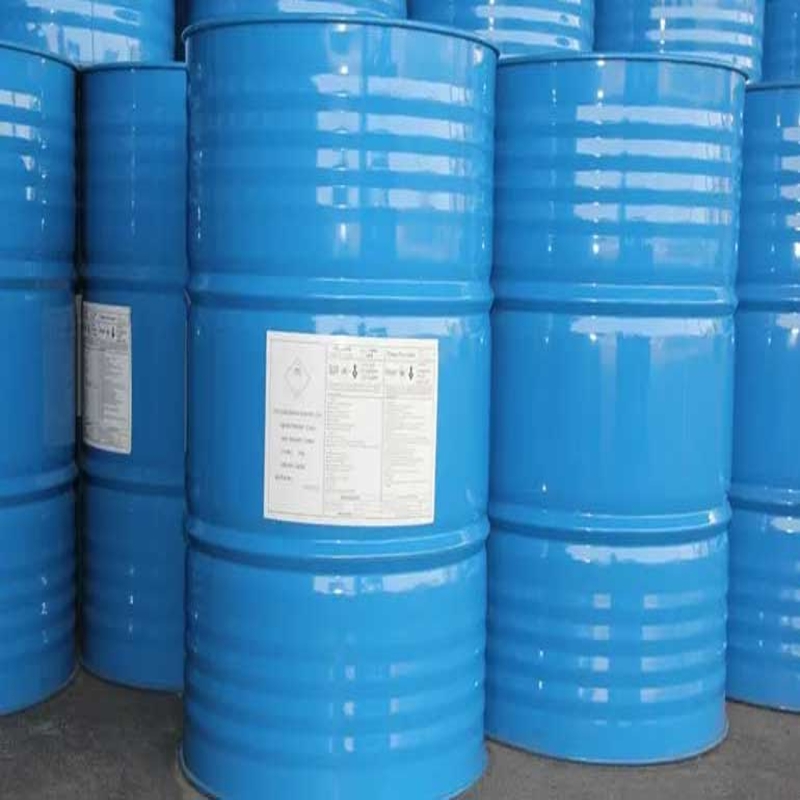-
Categories
-
Pharmaceutical Intermediates
-
Active Pharmaceutical Ingredients
-
Food Additives
- Industrial Coatings
- Agrochemicals
- Dyes and Pigments
- Surfactant
- Flavors and Fragrances
- Chemical Reagents
- Catalyst and Auxiliary
- Natural Products
- Inorganic Chemistry
-
Organic Chemistry
-
Biochemical Engineering
- Analytical Chemistry
-
Cosmetic Ingredient
- Water Treatment Chemical
-
Pharmaceutical Intermediates
Promotion
ECHEMI Mall
Wholesale
Weekly Price
Exhibition
News
-
Trade Service
DSM offers bio-based reinforced composite polyamides for car engine decorative covers
DSM has provided a green, high-performance solution for Mercedes-Benz's new A-Class engine trim cover, which uses DSM's EcoPaXXTM Q-HGM24 reinforced composite polyamide 410, which is made from castor
beans, a renewable resource, about 70% of which comes from renewable resources.
EcoPaXXTM Q-HGM24 has excellent heat resistance with a deflection temperature of 200°C at a load of 1.
8 MPa (DTUL
).
The decorative cover weighs only 1.
320 kg and can be used continuously at temperatures of 200°C, with short-term peak temperatures of up to 235°C
.
It has a better product appearance
than any other polyamide currently in use that also contains glass fiber and mineral particle reinforcement.
This material meets the very demanding performance specifications that the decorative cover of the turbocharged petrol engine of the new A-Class must meet, including the product complexity
associated with its large size.
With decorative hood sizes of 575 mm × 550 mm and ambient operating temperatures exceeding 200°C, warpage resistance and high dimensional stability are important
.
In addition, the engine trim cover should be lightweight while resisting the highly dynamic loads caused by engine
vibrations.
Kees Tintel, Commercial Manager of EcoPaXXTM at DSM, said that this is the first time that EcoPaXXTM Q-HGM24 has been used in mass production, and the scale of production will continue to expand
.
DSM launched EcoPaXXTM in 2009 to meet the growing market demand
for high-performance and durable bio-based engineering plastics.
(Liu Wei)







